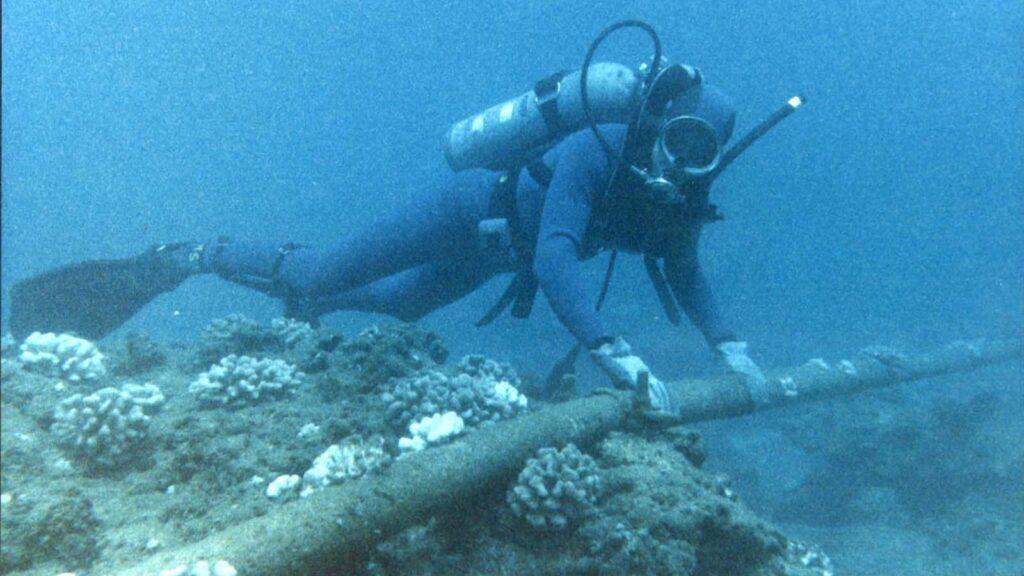- New undersea routes promise independence but expose new risks across volatile regions
- The Black Sea has become the next frontier in Europe’s digital sovereignty struggle
- Fears of cable sabotage have turned telecommunications infrastructure into a national security concern
A new undersea cable project will connect Bulgaria, Georgia, Turkey and Ukraine without passing through Russian waters.
The new Kardesa route, expected to begin construction in 2027, will establish a new digital corridor between Europe and Asia, one that avoids the political and physical vulnerabilities of existing systems.
Currently, the submarine cable map shows only one cable crossing the Black Sea between Georgia and Bulgaria, while others connect nearby states but still touch routes influenced by Moscow.
Safety under the waves
The Kardesa line could therefore change regional internet routing by providing a more direct and independent link at a time when the security of global data transmission is uncertain.
Recent incidents in the Red Sea have revealed how fragile undersea networks can be after several cables were severed and global traffic slowed between Europe, Asia and the Middle East.
The idea behind Kardesa and other projects like Meta’s planned 50,000 kilometer global cable is to ensure that when one path fails or is sabotaged, another can maintain service.
Some call this “route diversity” and it is quickly becoming a strategic priority rather than a technical one.
Countries are now investing in systems that can detect or deter sabotage. Germany’s AP Sensing developed sonar-based monitoring tools to identify interference.
For added security, NATO has begun using drones to patrol maritime routes that host vital infrastructure.
Still, the claim that bypassing Russia automatically makes the Internet safer invites skepticism.
Changes to the route can avoid one geopolitical hotspot but expose others. Ukraine, through which part of the Kardesa cable will pass, remains a zone of uncertainty.
The plan to run the cable only through internationally recognized safe areas may limit the risk, but cannot eliminate it entirely.
Likewise, avoiding Russia does not protect against cyber intrusions or remote interference with signaling infrastructure.
As with digital privacy tools such as the best VPN or secure router, physical security measures offer only one part of a complex solution.
If successful, this new link could mark a shift in how Europe and its partners view online independence.
Via Tom’s hardware
Follow TechRadar on Google News and add us as a preferred source to get our expert news, reviews and opinions in your feeds. Be sure to click the Follow button!
And of course you can too follow TechRadar on TikTok for news, reviews, video unboxings, and get regular updates from us on WhatsApp also.



